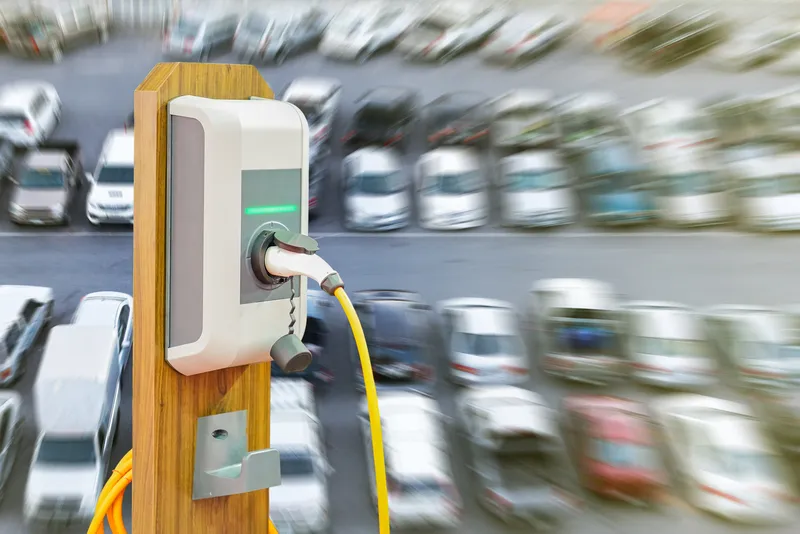Ptolemus Consulting Group has released the 2016 edition of its usage-based insurance global study by offering a free, 125-page abstract. Available to download today, the document reveals the key findings of the 1,000-page telematics insurance market analysis.
With 230 active programmes and 12 million customers, usage-based insurance (UBI) is now a truly global phenomenon that reaches twice as many countries as two years ago.
Ptolemus claims that by 2020, nearly 100 million vehicles globally will be in
December 21, 2015
Read time: 2 mins
With 230 active programmes and 12 million customers, usage-based insurance (UBI) is now a truly global phenomenon that reaches twice as many countries as two years ago.
Ptolemus claims that by 2020, nearly 100 million vehicles globally will be insured with telematics policies. This will grow to nearly 50 per cent of the world’s vehicles by 2030, generating more than US$270 billion in premiums for insurers.
The report identifies 31 new markets with UBI activities, now including all BRIC countries (Brazil, Russia, India and China). The US is set to become the biggest market worldwide thanks to strong competition between Progressive, Allstate and State Farm.
This rapid growth, in line with Ptolemus’ predictions made two years ago, supports Ptolemus’ claim that telematics will ‘uber-ise’ auto insurance.
Frederic Bruneteau, Ptolemus managing director, said: “Now that ultra low cost solutions are available, being smartphone apps, embedded car devices or aftermarket devices, insurers have no excuse to procrastinate any more. Change has come out of the box and will not come back into it. Like Uber, it will radically transform the business model of auto insurance, from underwriting to claims management. The days of insurers who rely on purely statistical models are counted.”
The 2016 report leverages on 286 interviews in 28 countries and the experience from over 35 consulting projects. It compiles five years of research performed by six consultants.








